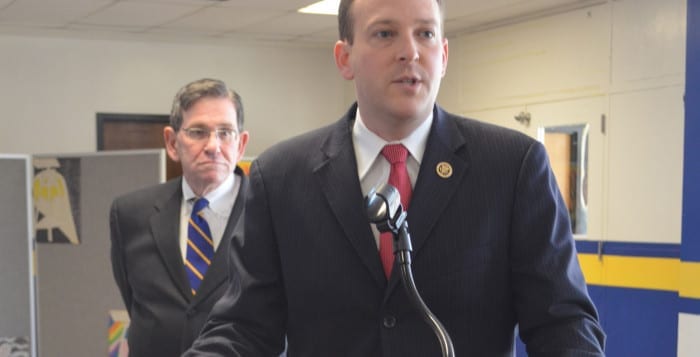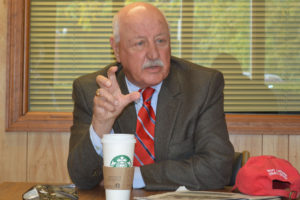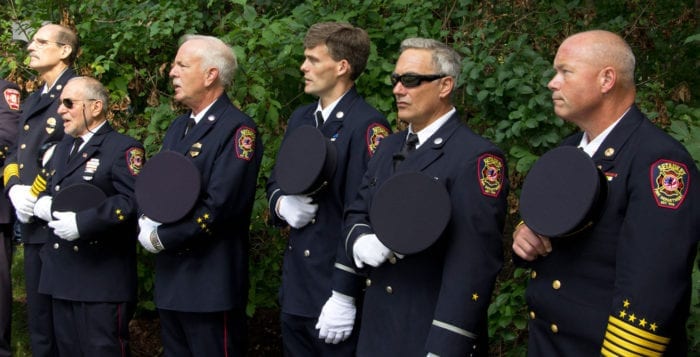President-elect Donald Trump’s (R) cabinet appointments to this point have raised some eyebrows, but we had a perfect solution for one of the departments which was still in need of leadership as several selections begin the confirmation process this week.
U.S. Rep. Lee Zeldin (R-Shirley) seemed like a no-brainer to serve as the secretary of the Department of Veterans Affairs. Although Trump nominated David Shulkin, the current undersecretary for health of the VA, when he addressed the media Jan. 11, we think Zeldin’s name should be kept in mind for the position should any snags arise in Shulkin’s confirmation.
Trump has met with or considered about a dozen people to run the second-largest federal department, according to The Washington Post, prior to landing on Shulkin.
Although it has been proven to be one of the toughest segments of government to run and run well — with accountability, budget management issues and more plaguing the current administration — you don’t have to look far to see why Zeldin would have fit the bill.
Zedlin, a veteran himself, has been fighting to expand disabled veterans’ access to adult day health care in and away from home, even helping construct a new veterans health care clinic in Manorville. He also created the PFC Joseph P. Dwyer peer-to-peer support program to fight PTSD and veteran suicide rates, helping those who return from combat ill prepared to handle the physical and mental scarring. Zeldin was in strong support of the No Veterans Crisis Line Call Should Go Unanswered Act, which mandates that crisis center responders be available to answer a dedicated phone number 24 hours a day, seven days a week. President Barack Obama (D) signed it into law in November, after the bill garnered unanimous support in the House.
In 2016 Suffolk County joined the ranks of only a few select regions in the U.S. to bring an “effective end” to veteran homelessness, according to the United States Interagency Council on Homelessness, and Zeldin worked with many groups who helped achieve this status.
He’s a member of the Veterans’ Affairs and Foreign Affairs committees and continues to serve as a major in the Army Reserves.
Zeldin has also been a strong supporter of curbing the drug crisis plaguing the country. The congressman strongly endorsed the Comprehensive Addiction and Recovery Act, to combat Long Island’s heroin hitch, signed into law by President Obama this past summer. Zeldin is also a member of the Bipartisan Task Force to Combat the Heroin Epidemic.
All of these achievements were reached in Zeldin’s freshman term as a congressman, and we believe his input in this area should be valued going forward no matter who holds the cabinet position.
Zeldin supported Trump in the presidential campaign, and said he sides with the Republican on many issues in our in-house candidate debate; so it seems like a Trump decision to pick Zeldin would have been fitting. As for our editorial board, we saw it as not just fitting but a strong and wise choice.















